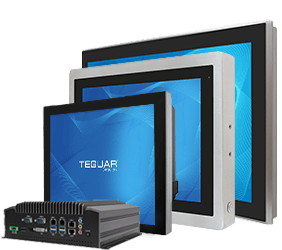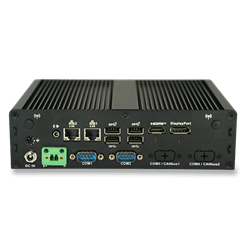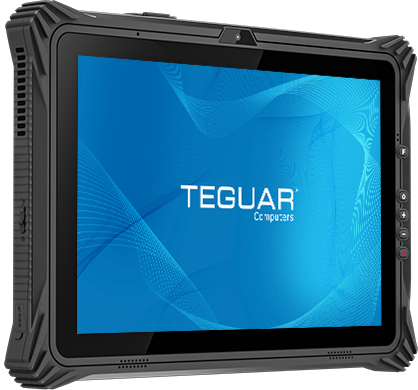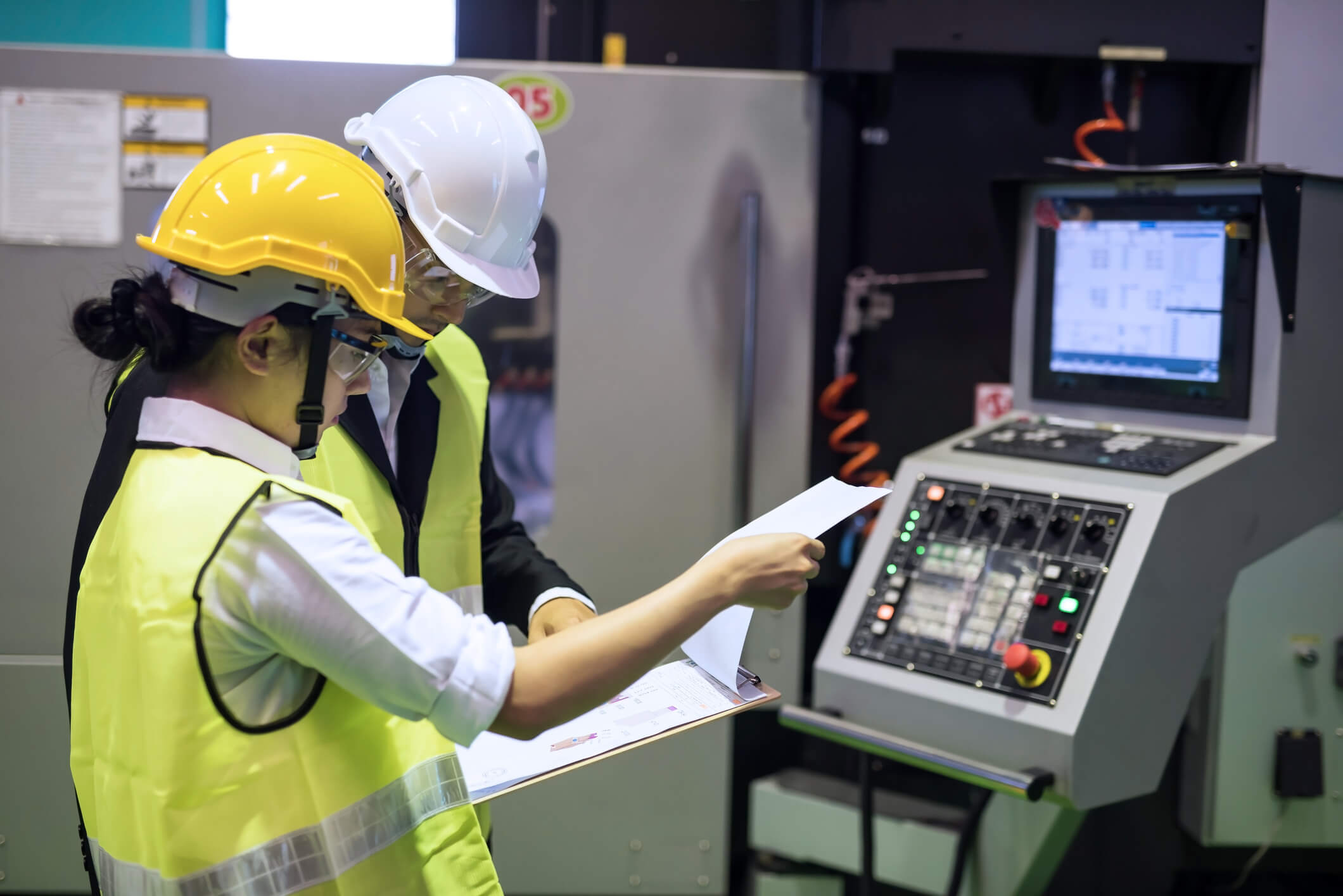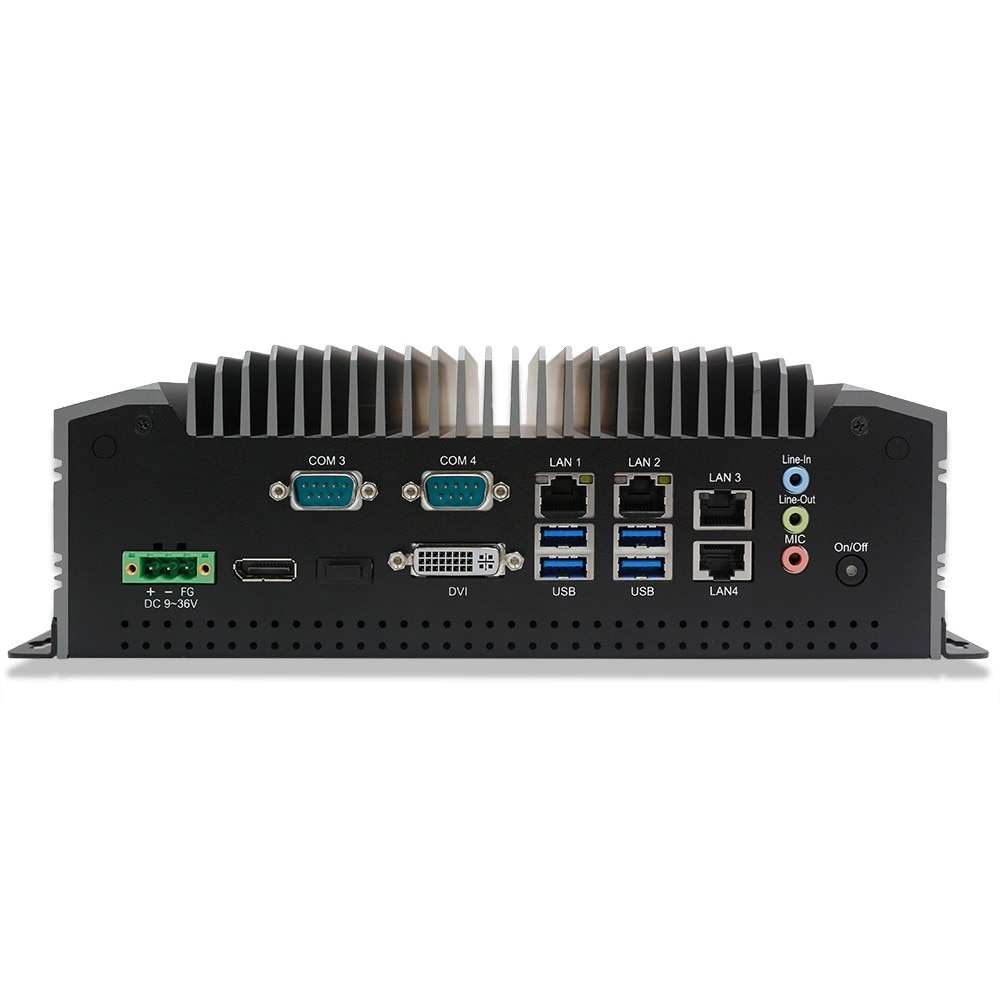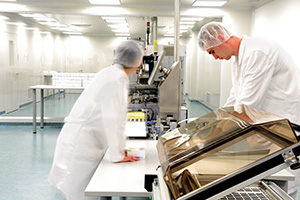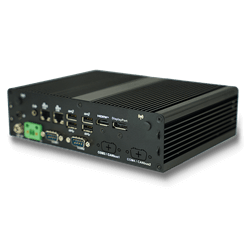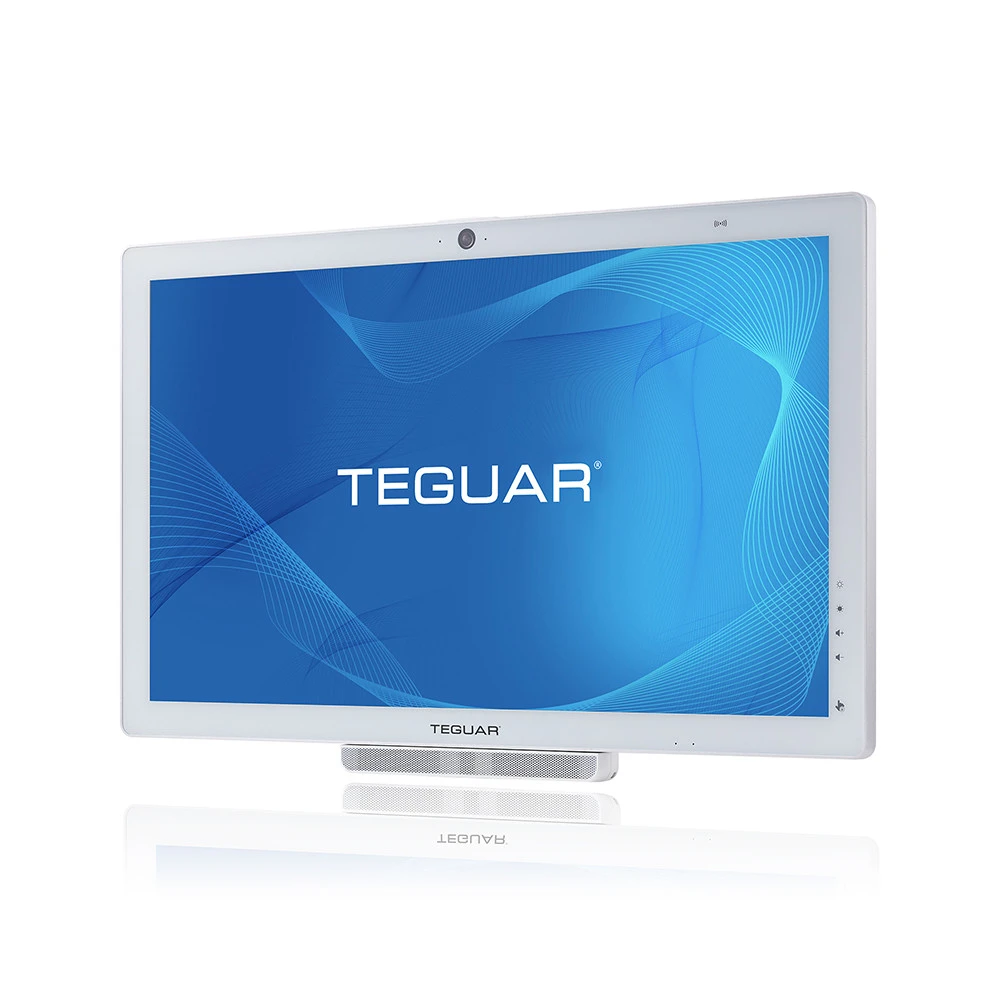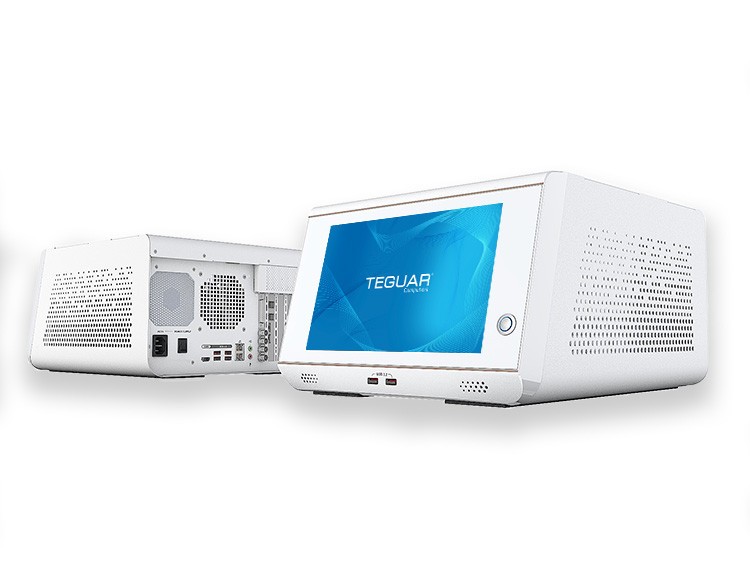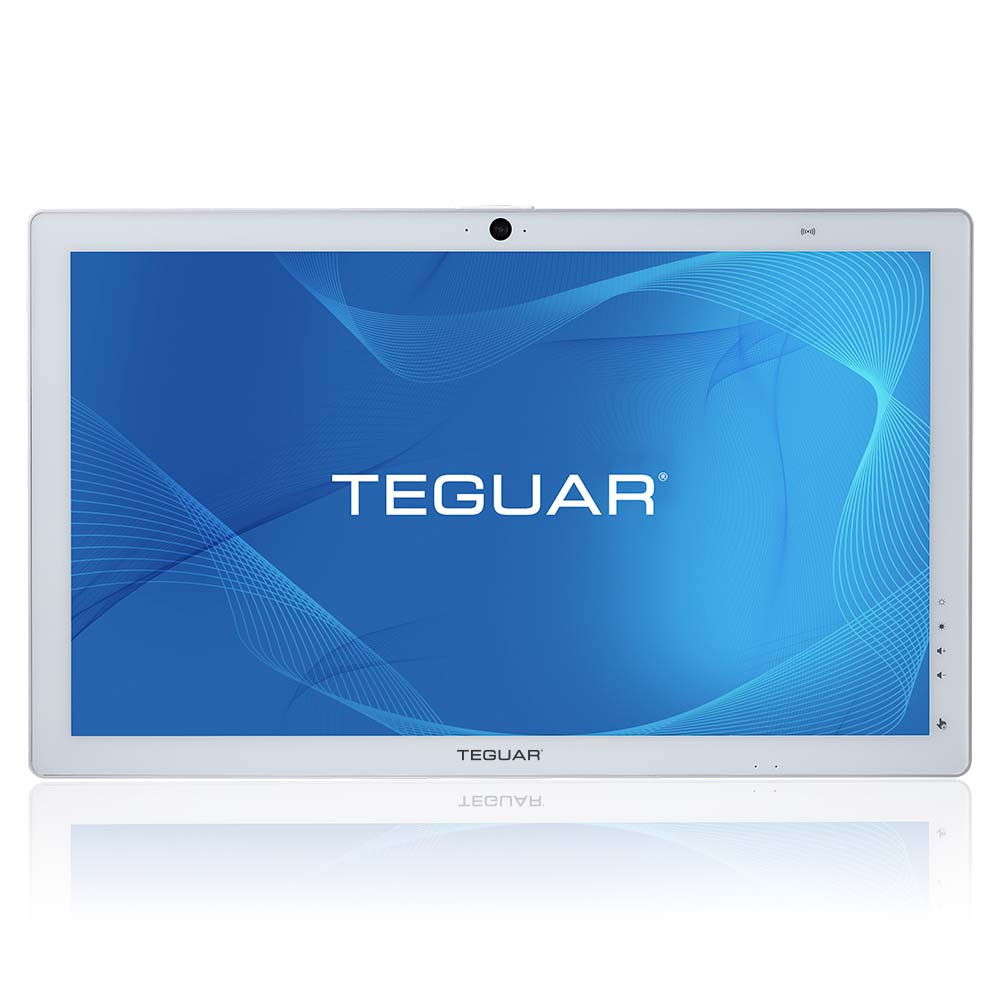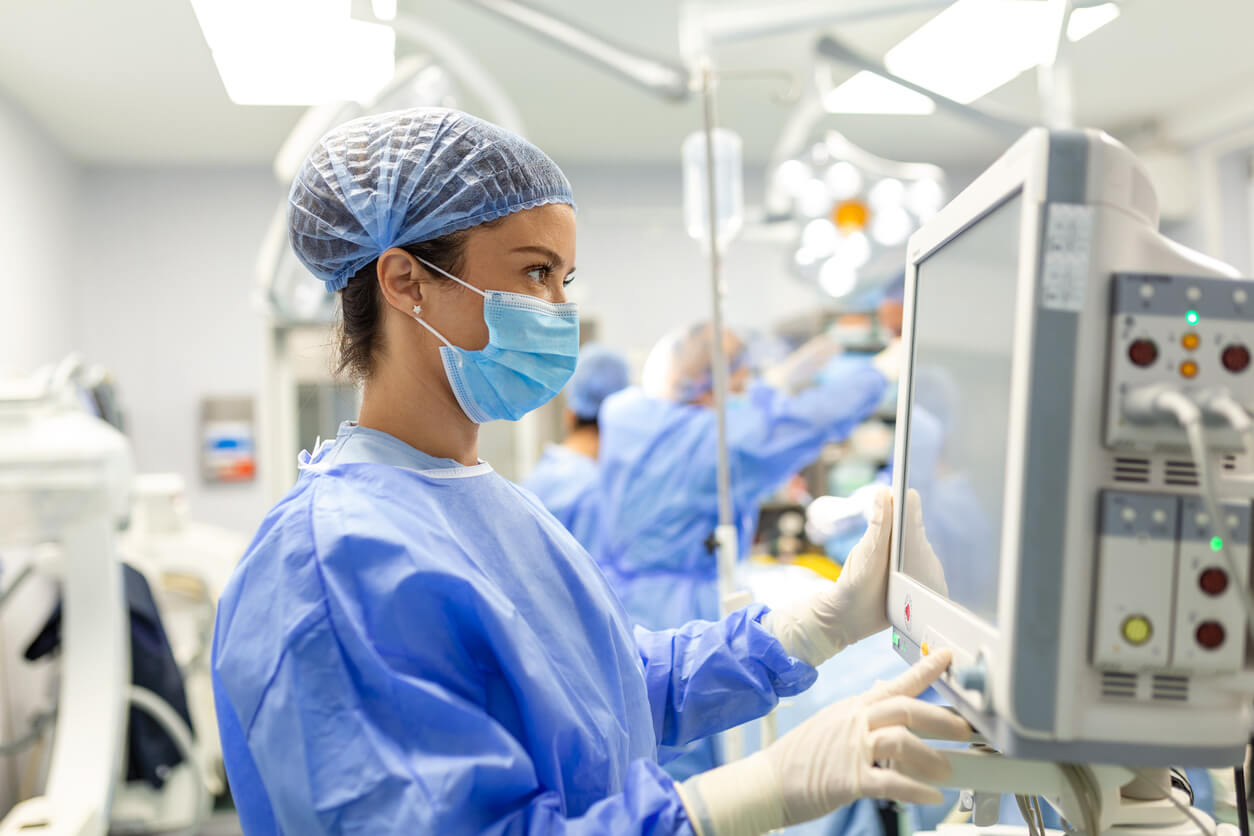AI-Powered Industrial Computers: Transforming Medicine, Agriculture, and Manufacturing
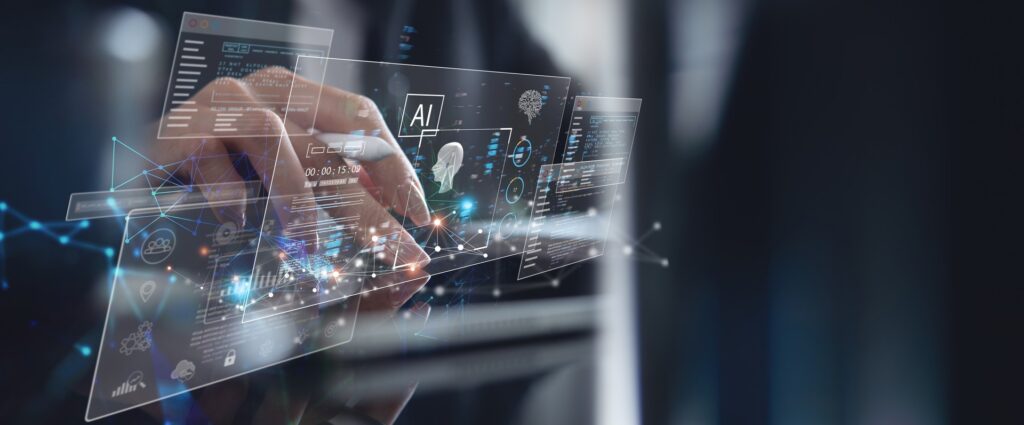
Artificial intelligence (AI) is transforming many industries by revolutionizing operations through substantial data analysis, pattern and correlation identification, and effective resource allocation. Applications have quickly proven they can enhance efficiency, improve quality, and reduce costs. AI has become a necessity.
Industrial computers are vital to these systems, powering sophisticated algorithms and machine learning.
AI by the numbers:
- AI market size will reach $407 billion by 2027
- The annual growth rate is projected to be 37.3% from 2023 to 2030
- AI’s impact on US GDP is expected to be a 21% net increase by 2030
| Types of AI Machine Learning (ML): A system with the capacity for self-improvement through experience and not direct programming. Learns independently by accessing and analyzing data. Deep Learning (type of ML): Uses layers of neural networks to learn from considerable data (e.g., voice control, image recognition). Natural Language Processing (NLP): Allows machines to understand human language (e.g., chatbots and translation services) Computer Vision: Enables machines to interpret visuals (e.g., medical image analysis and surveillance). |
AI in Medicine
AI-powered medical computers are increasing diagnostic accuracy, improving personalized treatment development, and streamlining administrative processes. In diagnostics and imaging, AI computer vision analyzes countless images to identify anomalies fast and increase accuracy through continuous machine learning.
AI algorithms develop personalized treatment plans by analyzing patients’ medical history, genetic makeup, and treatment responses. This gives the healthcare team more options to consider in their decision-making process. Predictive analytics can project patient admissions, determine expected resource needs, and forecast disease outbreaks.
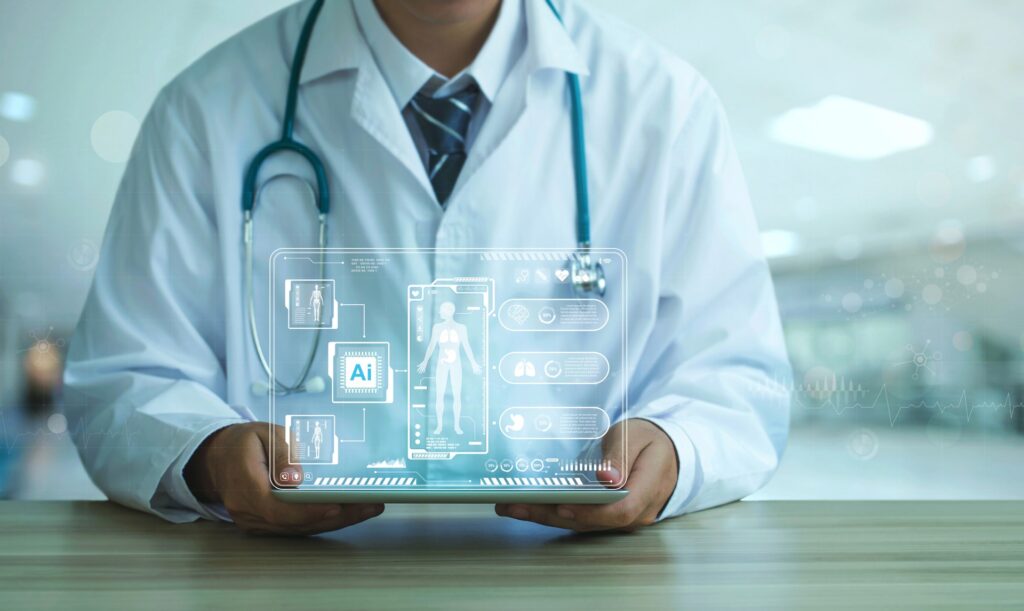
AI in Agriculture
The AI market in agriculture is expected to grow from $1.7 billion in 2023 to $4.7 billion by 2028. AI’s ability to collect and analyze vast amounts of data and learn from that data improves critical farming processes. ML algorithms analyze large datasets to help farmers better understand crop patterns and yields for enhanced planning.
Applications can monitor soil moisture levels and weather conditions so algorithms can make real-time decisions about a crop’s water needs and conserve water. AI can analyze the chemical composition of soil samples to determine soil health. When used in irrigation, AI identifies the best nutrient mix and times to apply it. Systems can scan images to find threats to crop health, such as mold, rot, insects, weeds, and invasive plants. It’s been used to detect apple black rot with more than 90% accuracy.
AI in Industrial Environments
AI-based tools offer insights into the production process, make recommendations to increase overall equipment effectiveness, minimize machine downtime, increase production speed, and optimize product quality and reliability. They span the entire production cycle, from sourcing material to distributing the finished product, and help reduce energy consumption and material waste by looking for inefficient patterns and offering solutions.
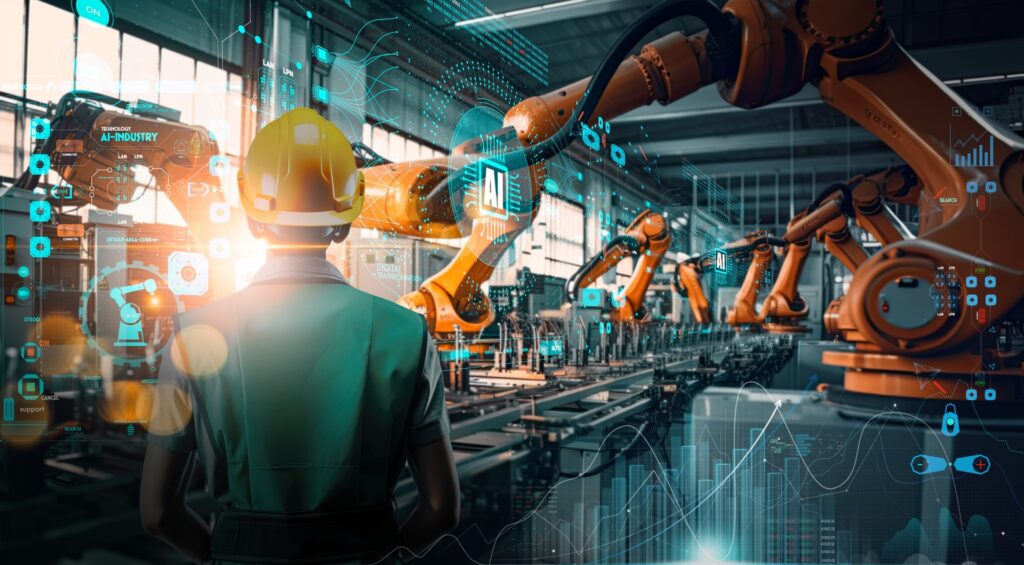
Integrating AI into industrial settings can sustain and increase productivity even during staff shortages. Applications can quickly minimize inputs and increase or decrease output based on demand or manufacturing changes. AI systems also analyze real-time operating data to find activities that signal the potential for defects or failures.
| What is an AI computer? AI computers have the power to handle a range of AI and machine learning tasks. They’re designed for extensive data analysis and sophisticated simulations and applications. Processors (CPUs) and graphics cards (GPUs) provide multitasking strength. An NPU, a neural processing unit, is a specialized accelerator that tackles AI and ML tasks. AI computers enhance security by retaining data locally, independent of an internet connection. |
Unlock the Full Potential of AI Technology
Teguar’s industrial computers are purpose-built to meet the rigorous demands of AI applications and integrate seamlessly.
Key Features of Teguar’s AI Computers:
- Support specialized AI processing cards like NVIDIA RTX via PCIe or MXM slots, providing the flexibility to scale computing power
- Large SSD drives (512GB to 1TB) to handle extensive datasets required for AI applications
- Multiple I/O ports for seamless integration with sensors, cameras, and other AI peripherals
- Tailored configurations to meet specific AI requirements and your unique needs
- Guaranteed long-term availability and extended product life cycles ensure continued support for evolving AI systems.
We understand the challenges and opportunities presented by AI applications. Our robust, reliable solutions ensure that Teguar’s AI computers support your goals, from optimizing production processes to improving predictive maintenance or enhancing healthcare diagnostics.
About the Authors:
Emily Vrettos, Teguar's Digital Marketing Coordinator, merges her creativity with marketing skills to craft engaging content. When she isn’t writing, she loves to read, cook lots of different cuisines, and travel home to her family in New England.Previous Article
Meet the Future of Manufacturing: Teguar’s TSI-5945 with Push-Button Interface

